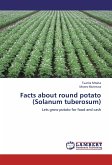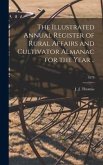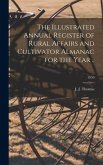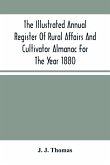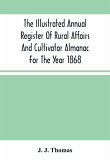The Intergovernmental Panel on Climate Change (IPCC)suggested that, as the world population grows, food and water shortages will become even more serious issues (IPCC's 2014 predictions about the future effects of climate change (CC). Year-round growing (YRG) may provide a way for communities to extend growing seasons, expand local farm systems, and provide food year-round. This case study included a detailed analysis of responses from representatives of all sectors of rural Mesa County, Colorado, regarding YRG and a local food and farm plan due to CC. The case was bounded by time (6 months of data collection) which provided an in-depth picture of responses from the community. The theoretical framework for the study was Kingdon's multiple streams theory; a local, conceptual framework was provided by Liu, Lindquist, Vedlitz, and Vincent, who identified the key factors for local agenda-setting, defined in the policy literature as an important step in policy making.Research questions explored YRG as a way to mitigate CC and as a potential platform to create policy towards a local food and farm plan.

